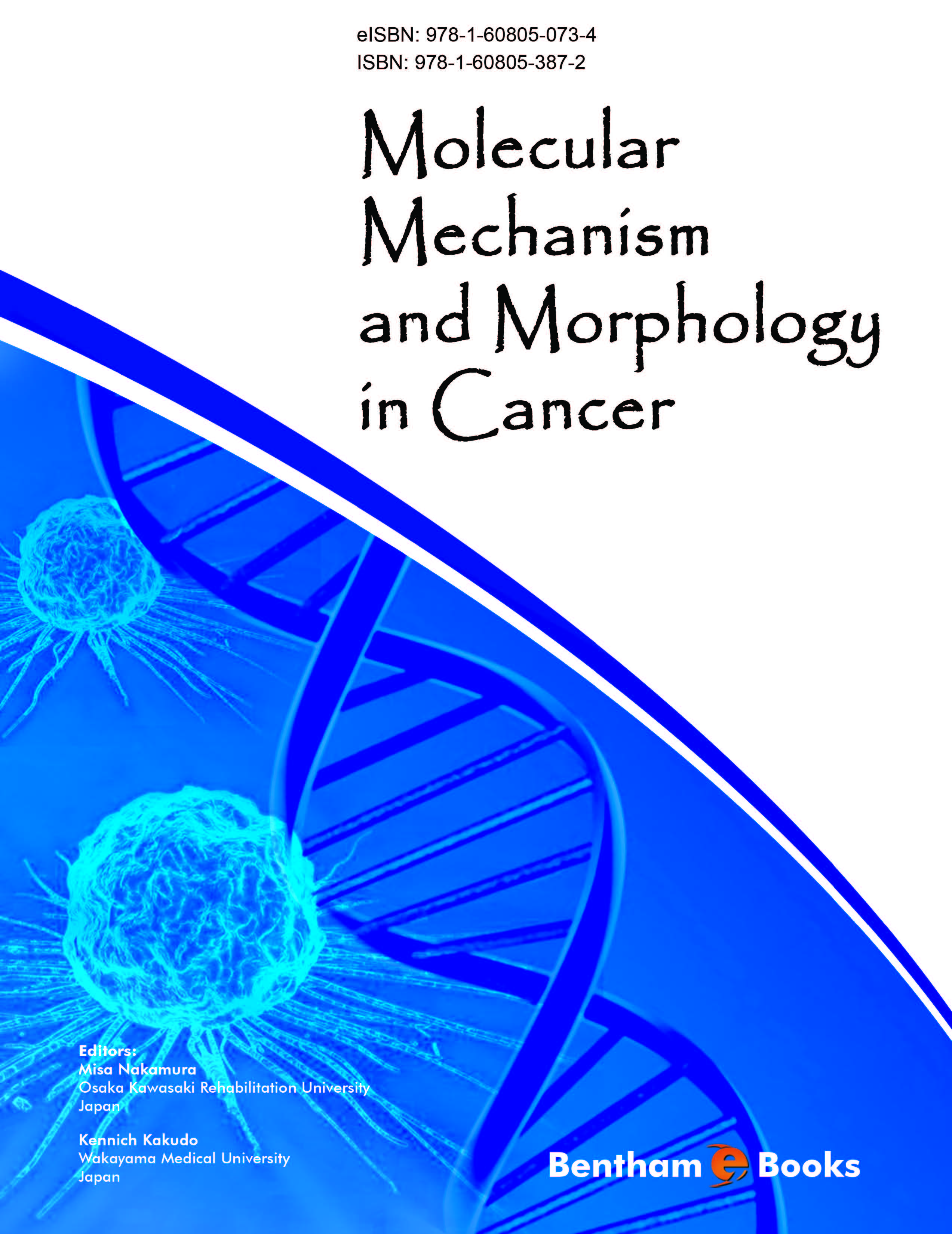Preface
The WHO report estimates that 12 million people will be diagnosed with some form of cancer this year. In addition, the report predicts that more than 7 million people will die early from the disease. Together, the number of cancer cases and deaths from cancer are expected to increase one percent each year.
Cancer research has advanced remarkably, including the multi-step carcinogenesis theory and the identification of cancer stem cells, and these advancements are being applied to clinical therapies targeting the oncogene. In addition, the function of the gene product is becoming clear through analysis of intracellular signaling of the oncogene. As a result, it has been clarified that cancer morphologies are dependent on the kind of abnormal gene and these differences affect patient mortality.
This book presents summaries by specialists in this area. The book consists of seven chapters. Chapter 1 introduces the establishment of a concept of gastrointestinal stromal tumors and also discusses gain of function mutations of the c-kit gene and platelet-derived growth factor receptor alpha gene. Chapter 2 discusses the relationships between the pathology and molecular biology of each histological type of renal neoplasm and the underlying molecular biological abnormalities. Chapter 3 reviews biological and molecular approaches to glioma classification that have the potential to increase the efficacy of treatments for these tumors. Chapter 4 introduces the role of Bcl-2 in clinicopathology and prognosis of breast cancer. Chapter 5 reviews the roles of ETS gene fusions in prostate cancer, associated with prognosis as well as morphological aspect from the perspective of pathology. Chapter 6 introduces a new type of cell death caused by microwaves and radiofrequency ablation. The author expects that this cell death may be applied in cancer therapy. Chapter 7 reviews specific genetic changes in the process of development and dedifferentiation in thyroid cancer.
In this book, all of the authors demonstrate that correct diagnosis using molecular knowledge is important for cancer therapy.
This theme includes the full range of human diseases with regard to medical genetics, biochemistry, microbiology, immunology, anatomy, pathology, structural biology, molecular cell biology, neuroscience and developmental biology. It would be useful to clinicians and scientists in all medical fields. Finally, we would like to express our sincere appreciation to all of the authors who contributed chapters to this book.
Misa Nakamura
Department of Rehabilitation
Osaka Kawasaki Rehabilitation University
Osaka
Japan

